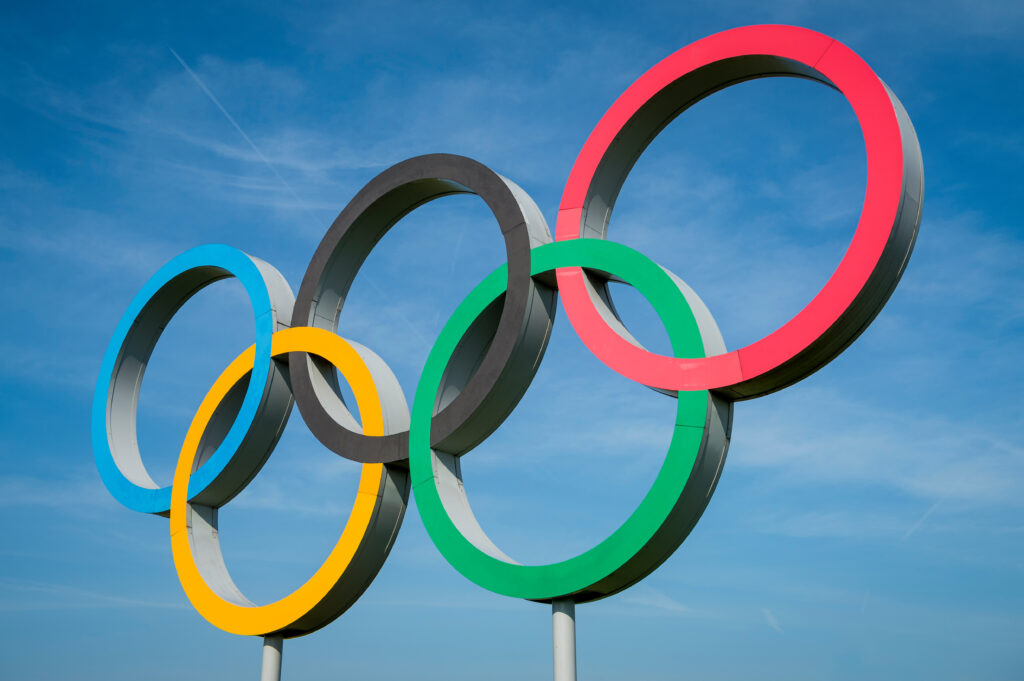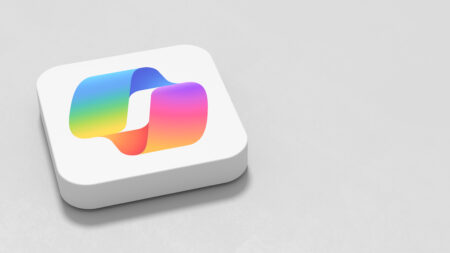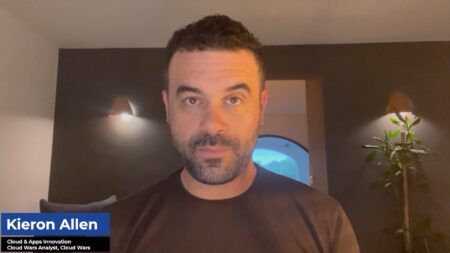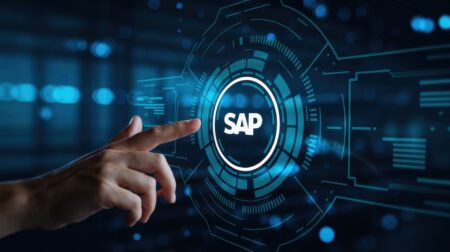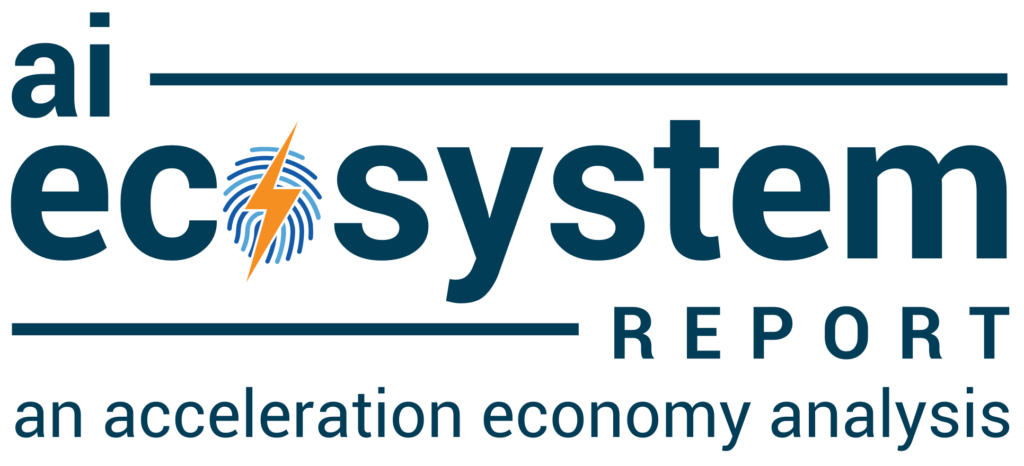
Sports are one of the most human activities: The struggle, the teamwork, the fusion between mind and body to perform at maximum ability. Yet, sports have always used technology to make humans better; that point increasingly holds true when it comes to artificial intelligence.
Recently, the International Olympic Committee (IOC) announced its Olympic AI Agenda which outlines long-term applications of AI in the Olympic games including the upcoming games in Paris 2024. The IOC partnered with Intel as part of this strategy.
5 Key Focus Areas of the Olympic AI Agenda
The IOC’s Olympic AI Agenda breaks down into five key focus areas for AI:
- Supporting athletes: The IOC wants to use AI to better identify potential athletic talent and enhance training or preparation for the games. AI can contribute to athlete protection by identifying when athletes are at harm, when they are being abused online, or when they may be using illegal substances, for instance. It can also improve the quality of judging and refereeing.
- Ensuring equal access to AI: AI technology can give athletes a competitive edge. The IOC intends to educate the wider sports community and facilitate access to AI for all teams and coaches. If one team has access to cutting-edge AI-powered analytics during training and another doesn’t, the latter may be at a serious disadvantage through no fault of their own.
- Enhancing operations with a focus on sustainability: The IOC can drive efficiency within its own operations, hiring, finances, and management. It goes without saying that organizing Olympic games in a different country every few years is a big operational lift.
- Growing fan engagement: The IOC can continue offering more immersive, personalized, and real-time experiences for fans present at the Games and those who are watching remotely. They can also use AI to streamline the workflows of staff tasked with editing, compiling, and creating content from the games to deliver to fans.
- Driving internal efficiency: Utilizing AI enables the IOC to improve decision-making, automate tasks, and streamline other functions, such as forecasts and reports, capital management, risk assessments, and more.
Ask Cloud Wars AI Agent about this analysis
IOC, Intel Partner to Bring AI to the Paris 2024 Games
Intel has been a Worldwide Olympic Partner since 2017, helping the IOC bring leading-edge technology to bear.
First, they worked together on a project in Senegal, recording jump heights and reaction speeds of local children and crunching the data with AI to predict which children may be great athletes one day. Intel developed an algorithm that predicts which sports they may be good at and make recommendations about which classes they should attend.
The IOC and Intel are also bringing AI to the fan experience for Paris 2024. They now support 8K resolution for viewers, which is enabled by Intel® AI Deep Learning Boost technology which takes just milliseconds to encode and compress the live signal produced by the Olympic Broadcasting System. Additionally, they are using AI to enable broadcasters to auto-generate and auto-edit highlight clips in real time.
It’s exciting to see how forward-thinking the IOC is around AI — and how the Olympic games will continue to evolve as technology progresses. But no matter how important a role AI plays in future games, sports will always revolve around the human element. AI has the potential to refine, protect, and more efficiently showcase that element to fans.
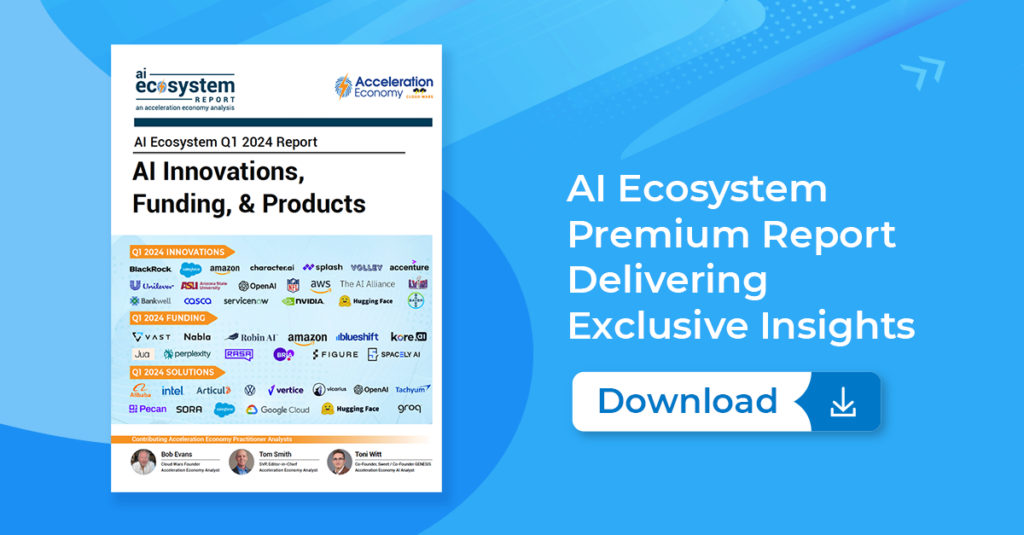
The AI Ecosystem Q1 2024 Report compiles the innovations, funding, and products highlighted in AI Ecosystem Reports from the first quarter of 2024. Download now for perspectives on the companies, investments, innovations, and solutions shaping the future of AI.


